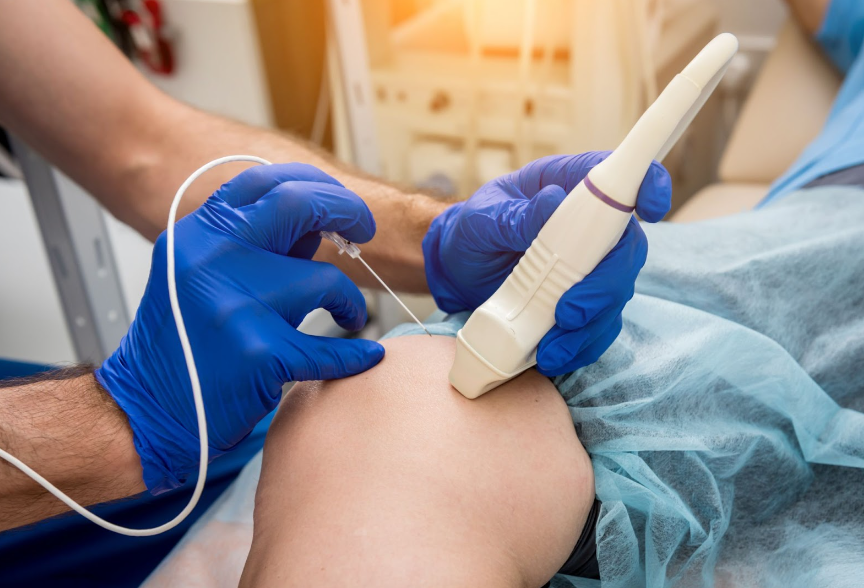As medical advancements have paved the way for cosmetic welfare, radiofrequency ablation for varicose veins has become a popular option. The procedure involves using thermal energy redirecting blood flow to healthier vessels.
Before deciding on this treatment, it is crucial to address common misconceptions surrounding radiofrequency ablation to ensure peace of mind.
Myth 1: Radiofrequency Ablation is Painful
Before the treatment, local anaesthesia is administered to numb the area, ensuring minimal discomfort. Additionally, advanced techniques are used to maximize patient comfort during the procedure. Many patients have reported tolerable experiences, with little to no pain.
Myth 2: Radiofrequency Ablation is Risky
Safety is a top priority in any medical procedure, and thermal ablation of varicose veins is no exception. Over the years, the procedure has been refined to enhance patient safety. Stringent safety measures and protocols are in place to ensure the well-being of patients undergoing this treatment.
Myth 3: Radiofrequency Ablation is Ineffective
In reality, the procedure has a proven mechanism of action, effectively closing the diseased veins and addressing the root cause of the problem. Clinical data reveals impressive success rates and high patient satisfaction, further cementing radiofrequency ablation’s effectiveness as a treatment option.

Myth 4: Radiofrequency Ablation is Only for Severe Cases
Whether the condition is causing mild discomfort or significant pain, radiofrequency ablation can alleviate symptoms and improve the appearance of affected veins. Early intervention is crucial, and individualized treatment plans can be tailored to each patient’s unique needs.
Myth 5: Radiofrequency Ablation Requires Lengthy Recovery Time
Concerns about prolonged recovery periods are often associated with medical procedures. However, radiofrequency ablation is a minimally invasive procedure, resulting in shorter downtime for patients. Many individuals have reported quick recovery after the treatment, allowing them to resume their daily activities sooner.
Myth 6: Radiofrequency Ablation Causes Recurrence
The procedure specifically targets and closes the diseased veins, significantly reducing the likelihood of recurrence. Following post-treatment care and adopting recommended lifestyle changes further enhance the procedure’s long-term effectiveness.
Conclusion
Radiofrequency ablation for varicose veins stands as a safe, effective, and increasingly desirable option. By debunking the myths surrounding this procedure, individuals can make informed decisions about their health.
For anyone considering radiofrequency ablation, consulting with medical professionals is crucial to receive accurate information and personalized advice tailored to their specific needs. Don’t let misconceptions hold you back from experiencing relief and renewed confidence.

